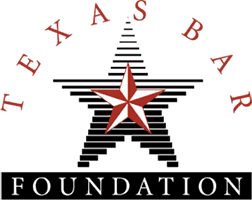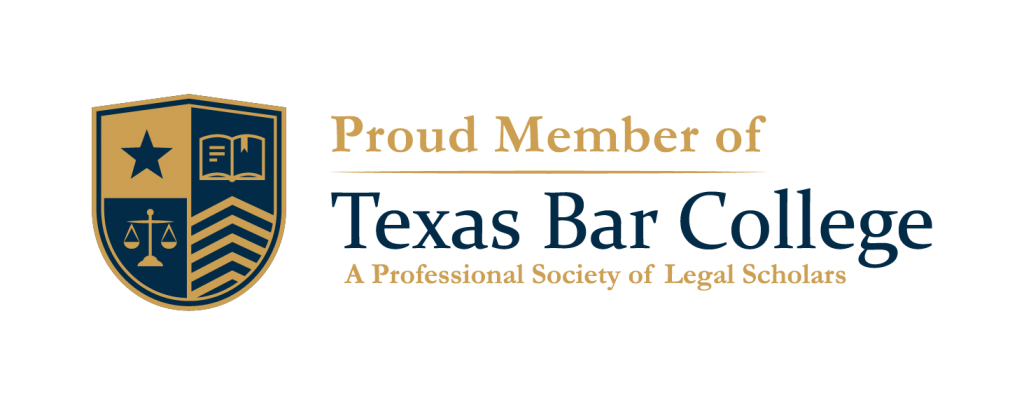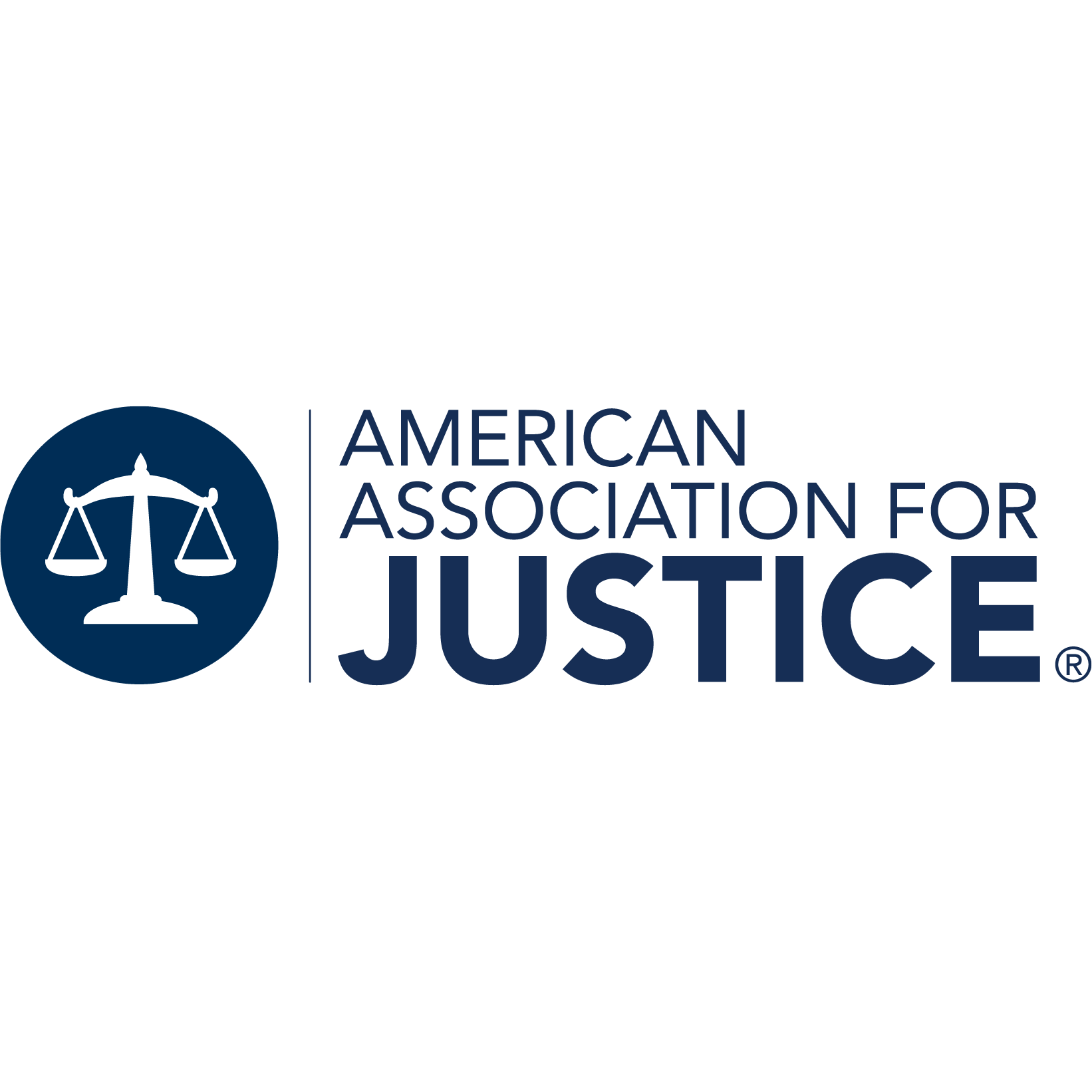Our firm has achieved some of the highest judgments and settlements under the Federal Tort Claims Act across multiple states. With a track record of setting legal benchmarks nationwide, we are committed to delivering exceptional outcomes for our clients.

Brain Injury Attorneys
Legal Advocacy for Brain Injury Victims
A brain injury can change a person's life, leaving lasting physical, emotional, and cognitive challenges. The impact of these injuries extends far beyond the victim, affecting families and careers. Victims may face significant medical costs and struggle to regain their independence and quality of life.
Victims may be entitled to financial compensation when another person’s negligence or intentional wrongdoing causes a brain injury. At National Trial Law, our team of attorneys helps victims of brain injuries navigate the legal process. We advocate for justice on behalf of our clients.
Founded in 1971, our firm has extensive experience handling complex injury claims, from pre-suit negotiations to jury trials. Our attorneys have achieved record-setting results, helping clients recover compensation for medical care, lost wages, and pain and suffering. Notable successes include a $21.5 million trial judgment under the Federal Tort Claims Act (FTCA) for a VA medical malpractice case involving a brain injury and a $44.7 million trial judgment for an Air Force birth injury case. This case, also under the FTCA, dealt with a birth injury and resulting brain injury caused by military medical malpractice. Previous achievements do not guarantee future results, but we are committed to helping our clients seek justice.


Across the United States
Achieving Justice Nationwide with Unparalleled Verdicts and Settlements
National Trial Law has a storied history of securing landmark verdicts and settlements across the United States. Notable achievements include a $230 million judgment for survivors of the Sutherland Springs Church mass shooting, a $44.7 million trial judgment for a birth injury at an Air Force hospital, and a $21.5 million verdict for a veteran who suffered catastrophic brain damage due to malpractice at the Manchester VA Hospital—the largest personal injury award in New Hampshire history. These results underscore the firm's dedication to holding institutions accountable and delivering justice for their clients.
-
Record-Setting $230,000,000
Trial Win Sutherland Springs Mass Shooting
Highest Verdict and Settlement in FTCA History -
Record-Setting $44,717,681
Trial Win Air Force Birth Injury -
Record-Setting $21,592,643
Trial Win VA Medical Malpractice -
Record-Setting $10,500,000
Settlement VA Medical Malpractice
Traumatic Brain Injuries
A traumatic brain injury happens when the brain sustains damage from an external force, such as a sudden impact, bump, or jolt to the head. The effects of a TBI can vary widely, with symptoms ranging based on the injury's severity.
The severity of traumatic brain injuries varies and includes:
- Mild TBIs:
- Mild traumatic brain injuries, often classified as concussions, are defined by brief disruptions in normal brain function resulting from a blow or jolt to the head. Still, concussions can have long-term effects, impacting memory, personality, concentration, and mood.
- Diagnosis typically involves a clinical evaluation, including a neurological exam to assess cognitive and physical symptoms, and, in some cases, imaging tests like CT scans to rule out structural damage.
- Recovery focuses on rest and gradual reintegration into daily activities, often under medical supervision, to prevent exacerbation of symptoms such as headaches, dizziness, or difficulty concentrating.
- Moderate TBIs:
- Moderate TBIs are characterized by loss of consciousness lasting from minutes to hours and more pronounced neurological symptoms, such as confusion, persistent headaches, nausea, and cognitive impairments.
- Diagnosis requires a combination of clinical assessments, imaging tests to evaluate brain damage, and continuous monitoring for secondary complications like swelling or bleeding.
- Recovery often involves an extended rehabilitation process, including physical therapy, occupational therapy, and cognitive exercises designed to restore function and adapt to residual deficits.
- Severe TBIs:
- Severe TBIs involve significant brain damage resulting from high-impact trauma or penetrating injuries, often accompanied by extended unconsciousness or coma.
- Diagnosis is made using advanced imaging techniques, such as MRI or CT scans, alongside comprehensive neurological evaluations to determine the extent of the injury.
- Recovery is typically prolonged and may involve intensive medical care, surgical interventions to address complications, and a multidisciplinary rehabilitation approach aimed at maximizing independence and quality of life.
Non-Traumatic Brain Injuries
Hypoxic-ischemic brain injuries, among the most devastating forms of non-traumatic brain damage, occur when the brain is deprived of oxygen, blood flow, or both. Even a brief interruption can lead to significant damage, affecting critical functions such as speech, memory, vision, or mobility. These injuries often arise from medical malpractice, near-drowning incidents, acts of violence, or birth-related complications, leaving victims and their families grappling with profound physical and emotional challenges.
The long-term effects may require extensive rehabilitation, specialized care, or adaptive technologies to restore some level of independence.
Pursuing legal action can help in seeking compensation to address the overwhelming costs of traumatic and non-traumatic brain injuries and provide support during recovery. Our team can evaluate your case and determine whether you have grounds to file a claim.
Signs and Symptoms of Brain Injuries
Brain injuries can impact individuals in many ways.
The symptoms may vary depending on the severity of the injury, but they typically fall into three categories:
- Physical symptoms:
- Headaches: A common sign of a brain injury, ranging from mild to severe.
- Balance problems: Dizziness, difficulty walking, or feeling unsteady on your feet can signal a brain injury.
- Vision issues: Blurred vision, double vision, or sensitivity to light may occur.
- Nausea or vomiting: These symptoms can indicate a brain injury, especially when they occur alongside other signs.
- Cognitive symptoms:
- Memory problems: Difficulty recalling recent events, conversations, or simple tasks may point to a brain injury.
- Trouble communicating: Struggling to find the right words, understand conversations, or follow directions can also be a sign.
- Concentration difficulties: Trouble focusing or staying on task, especially in a work or school setting, can result from a brain injury.
- Emotional symptoms:
- Personality changes: A person may become more irritable, anxious, or depressed. Sudden changes in mood or behavior are common.
- Emotional disturbances: Feelings of confusion, frustration, or sadness, which may not be typical for the person, can indicate damage to areas of the brain that regulate emotion.
Why Immediate Medical Attention Is Crucial
Seeking medical attention after suffering a brain injury is essential. Even mild brain injuries can worsen, and early treatment can help prevent further complications.
In addition to addressing medical concerns, receiving treatment provides essential documentation that can be used in a personal injury case. Medical records and professional assessments will be crucial in supporting a compensation claim.
Long-Term Effects of Brain Injuries
The long-term effects of a brain injury can significantly impact a person's quality of life. Once simple tasks become overwhelming, regaining independence can take time. For many, this includes challenges in returning to work or maintaining career goals. A brain injury may require adjustments in job responsibilities or even a complete career change, depending on the severity of the injury and the individual's recovery progress.
What Sets Us Apart
-
PEER APPROVED
More attorneys named Super Lawyers by Thomson Reuters in the “Personal Injury Medical Malpractice: Plaintiff” category in 2014, 2015, 2016, 2017, 2018, 2019, 2020, 2021, 2022, 2023, 2024, and 2025, than any other law firm in Texas (Bill Whitehurst, Chip Brees, Michelle Cheng, Jamal Alsaffar, Laurie Higginbotham and Tom Jacob)
-
RECORD-SETTING RESULTS NATIONWIDE
-
TEXAS ROOTS
Founded in Austin with more than 50 years of trial experience.
-
NATIONAL REACH
National results in complex personal injury litigation.
-
DEEP BENCH
Many experienced lawyers ready to serve you.
-
SE HABLA ESPAÑOL
Our team has multiple Spanish speaking staff members.





.2504041633274.png)




